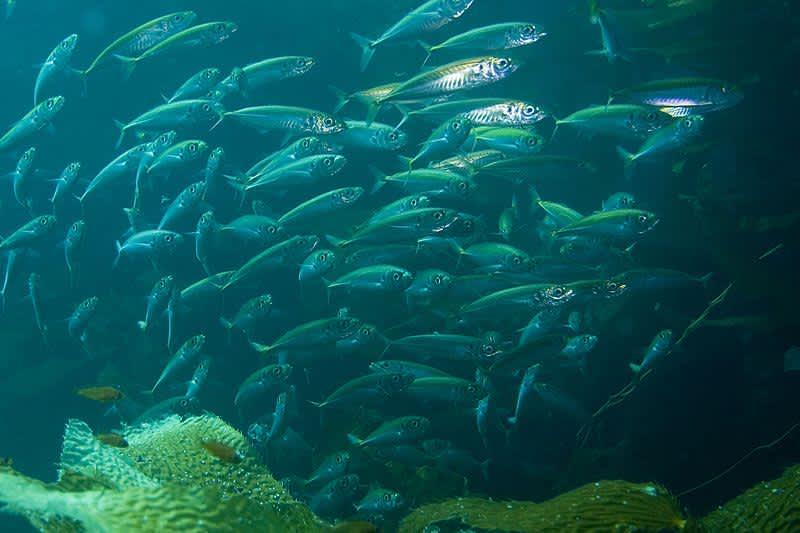Study Finds Fish Moving to Colder Waters
OutdoorHub Reporters 05.20.13

A study by University of British Columbia researchers have found that the world’s fish have been steadily moving to cooler waters. What is worrying is that these are no temporary vacations, but permanent adjustments.
According to the Washington Post, scientists used data collected from 968 fish species and invertebrates over a span of three decades, confirming that the change is happening on a global scale.
“One way for marine animals to respond to ocean warming is by moving to cooler regions,” said William Cheung, the study’s lead author. “As a result, places like New England on the northeast coast of the U.S. saw new species typically found in warmer waters, closer to the tropics. Meanwhile in the tropics, climate change meant fewer marine species and reduced catches, with serious implications for food security.”
The implications of these migrations could spell drastic changes for commercial fisherman and saltwater anglers. By using fish as a living thermometer, scientists have discovered that marine animals are moving towards waters that match their preferred temperatures. With the 52 marine ecosystems studied by researchers all increasing in temperature, fish may be heading closer and closer to cooler polar waters. Experts are especially concerned over marine species in tropical environments. Whereas in colder climates new fish species will come in to replace departing ones, no new species are coming to tropical waters. This could affect local fishermen which require the fish for sustenance rather than for trade.
Even anglers in colder parts of the world may soon be tackling species that they are unfamiliar with. In the researchers’ native fishing grounds of British Columbia, anglers have found that sockeye salmon have been declining while tuna and mackerel can be found in great numbers.
Scientists expect fish to eventually adapt and thrive in the warmer waters.
“Nature is very adaptable,” said professor of marine biology Boris Worm. “It always changes to something else. It never changes to nothing.”

